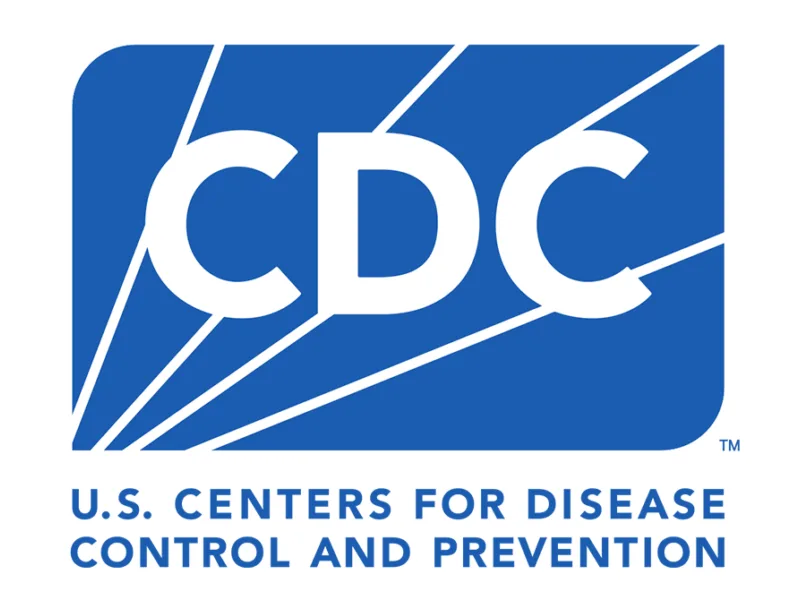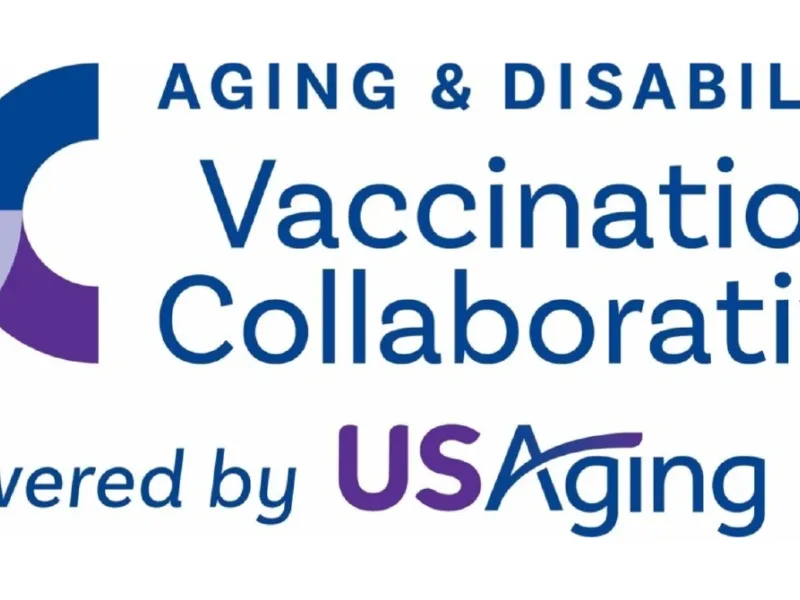Walk-in vaccine clinics are available in your area! Check back on this page for up-to-date announcements about clinics near you. Mobile clinics are offered by the Aging and Disability Vaccine Collaborative (ADVC), funded by USAging.

About the Clinics
These seasonal, mobile clinics are walk-in only – no appointment needed.
Clinics offer vaccines for the most common ailments affecting aging and disability populations, including:
Flu
COVID-19
Pneumococcal
RSV
Shingles
Tdap
Clinics accept most insurance, and self-pay options are also available. A copay may be required depending on your insurance.
Scheduled Clinics
Helena Office
Ability Montana Helena
12/19/2024 @ 11:00am-1:00pm
1/9/2025 @ 11:00am-1:00pm
825 Great Northern Blvd,
Suite 105, Helena, MT 59601
How to Prepare
Find the clinic near you and make a plan to visit during open hours (shown above). Contact the hosting organization if you have any questions about the clinic.
Bring your drivers license or other form of ID and your insurance card.

About Aging and Disability Vaccine Collaborative (ADVC)
The Aging and Disability Vaccine Collaborative (ADVC) funded by the USAging supports vaccination education and opportunities for older adults and people with disabilities.
The mission of this partnership is to bring accessible vaccines to people who are aging or have disabilities, especially in areas where vaccines are harder to access.
Ability Montana partners with the Rural Institute at University of Montana by organizing mobile vaccine clinics in our service area, powered by grant funding from USAging.
Ability serves counties in southwest Montana including Beaverhead, Broadwater, Gallatin, Granite, Jefferson, Lewis and Clark, Madison, Meagher, Park, Powell, Silver Bow, Sweet Grass, and Wheatland.
Vaccine Resources from USAging
Most people should get vaccinated for:
- Seasonal Flu (Influenza): Get in the fall every year.
- COVID-19: Everyone six months and older should get a 2024-2025 COVID-19 vaccine. It is especially important to get your 2024–2025 COVID-19 vaccine if you are ages 65 and older, are at high risk for severe COVID-19, or have never received a COVID-19 vaccine.
- Shingles: Adults age 50 and older should get two doses of the shingles vaccine two to six months apart.
- Pneumococcal: Adults age 65 and older should get the pneumococcal vaccine. The number of doses will depend on which pneumococcal vaccines you receive and when. Talk with a health care professional to find out what is best for you.
- TDAP (Tetanus, Diphtheria and Pertussis) (over age 7): Get TDAP or TD every ten years after an initial shot.
- RSV (Respiratory Syncytial Virus): If you are age 60 or older, talk to your health care provider about whether an RSV vaccine is right for you.
Check with a healthcare professional to see if there are additional vaccines that are right for you.
Yes. The United States long-standing vaccine safety system ensures that vaccines are as safe as possible.
For example, hundreds of millions of Americans have safely received seasonal flu and COVID-19 vaccines.
- Vaccines can have side effects, but most people experience only mild side effects—if any—after vaccination.
- The most common side effects are fever, tiredness, body aches, or redness, swelling and tenderness where the shot was given.
- Mild reactions usually go away on their own within a few days. Serious or long-lasting side effects are extremely rare, and vaccine safety is continually monitored.
- Getting vaccinated is the best way to reduce your risk of getting very sick if you do get these diseases.
- The people most at risk for getting very sick from these diseases are older adults, people with disabilities and people who have compromised immune systems or health conditions like asthma, diabetes or heart and lung disease.
Typically, vaccines are covered by insurance. Many vaccines are covered under Medicare. If you have questions, contact a health care professional or your local State Health Insurance Assistance Program (SHIP) to learn what vaccines are covered by Medicare.

